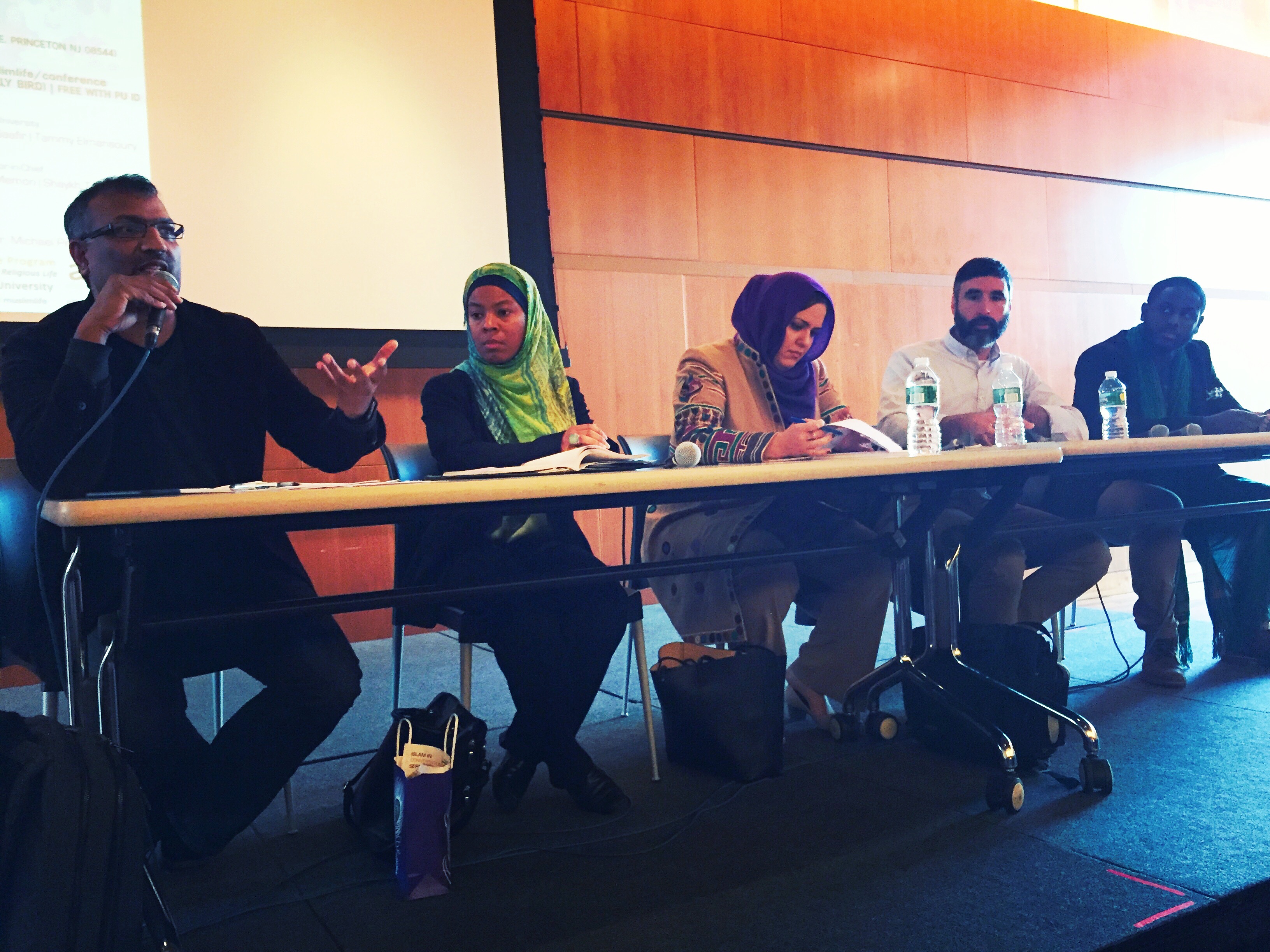Hissa Hilal, a master of language, has inspired an exchange of words around the world. For the past several Wednesdays, Hilal has risen to the podium on Abu Dhabi TV’s Million’s Poet (also known as Poet of Millions) – a televised poetry contest in which people of all walks of life compete for $1.3 million. Hilal recently gained unprecedented attention throughout the world for one of her recent original poems, The Chaos of Fatwas, a 15-verse poem about religious clerics who are “angry and blind.”
Many people in the public interpreted the poem as a direct response to a recent Saudi cleric’s calls for capital punishment for those who promote mixed-gender activities. Halil clarified later to the Associated Press that it was a response to all clerics that issue inhumane edicts.
In an interview with Altmuslimah.com, Hilal explained why she is horrified by these manipulations of religion. “My relationship with God is strong,” she said, “It’s a loving relationship. I always say that when I am alone at night there is a rope between me and God towards the light.” She reminded me of the hadith, “God is wide in mercy and always compassionate.” Hilal has written many poems and prayers that reflect this idea.
In a region where clerics are as powerful as the political leaders in shaping public and private life, Hilal’s act of defiance is hailed as an act of courage. Hilal fought back the clerics’ words with words of her own. This David-and-Goliath match will certainly be determined by verses. “When I recite poetry,” Hilal said, “I feel power[ful].” Poetry has always held a prominent place in Arabic society. It has been used by people of all capacities for the purpose of entertainment, praise, requesting aid, raising social issues, and provoking change. Poetry, for the Arabs, is the mouthpiece of the people.
And the people have spoken, loud and clear. Hilal is in the finals – a pool of six contestants narrowed down from the original forty-eight. On the Wednesday that Hilal delivered her last poem, the show’s judges and audience roared in applause, a reaction echoed throughout the blogosphere. But not everyone is happy. A small handful of people critics have demonstrated their disapproval with reproachful blog entries and some have gone as far as threatening her life. “I expect that I will be arguing a lot,” Hilal notes.
Fighting words are, however, not what won Hilal her spot in the final rounds. The contestants on Millions Poet are judged for their recitation, performance, and content. Hilal’s poetry is diverse and colorful. Since the age of 11, she has been writing in both the classical Arabic and colloquial styles of poetry. “Not all of my poetry is an act of protest … My poetry has to do with my issues. My poetry is strong,” she proudly said. “You will find in it my children, my nation. My poetry has life in it. My poetry has struggles. My poetry is about people, and love. It has some stunning touches, loving touches. It has touches that demand our [attention] in issues. Thanks to God, my poetry is strong,” she repeated.
Another element to the controversy surrounding Hilal is her sex. “In these specific times, there are many who would rather not encourage a girl to become a poet.” She said to the British Publication, The Times, that, “a few years ago, society was more open. Now, things have become heavier.” Decades ago, or even centuries ago, women had a prominent and indisputable role in the world of Arabic poetry. “At first, I was adamant about wanting people to view me as a poet, only. But I expect now for people to view me as a female poet. I am part of a long tradition of female Arab poets. I am not setting a new trend. Throughout Arabic history – including pre Islam and after Islam – there was the female poet. Women have always participated in poetry.” She gave the example of Atikah bint Zayd, a wife of the Umar ibn al Khattab and three other prominent companions of Prophet Muhammad. “She wrote amazing poetry. When Umar died, she wrote a breathtaking poem.”
Hilal and one other female contestant are the first women to make it to the finals since the show’s debut in 2006. “I want to demonstrate that a woman is able to win”.
Fatima Bahloul is Associate Editor of Altmuslimah




